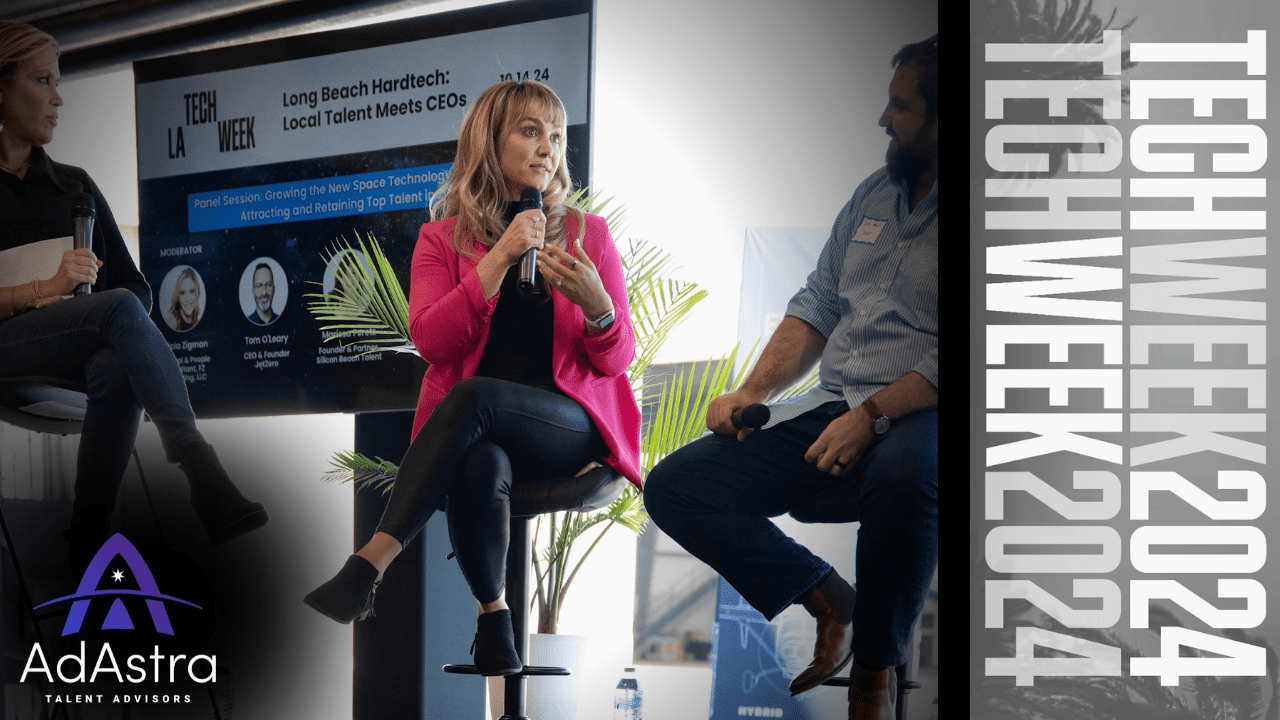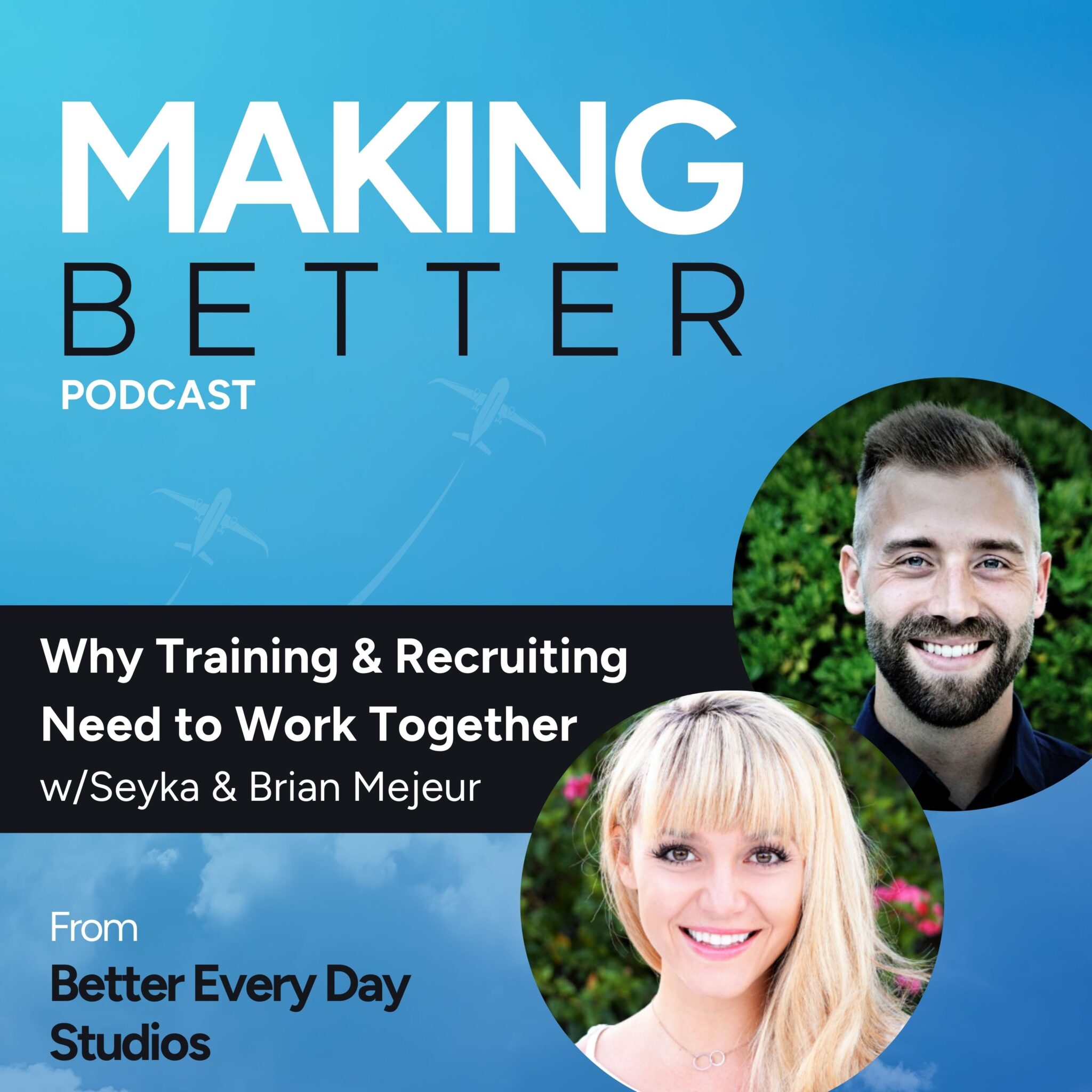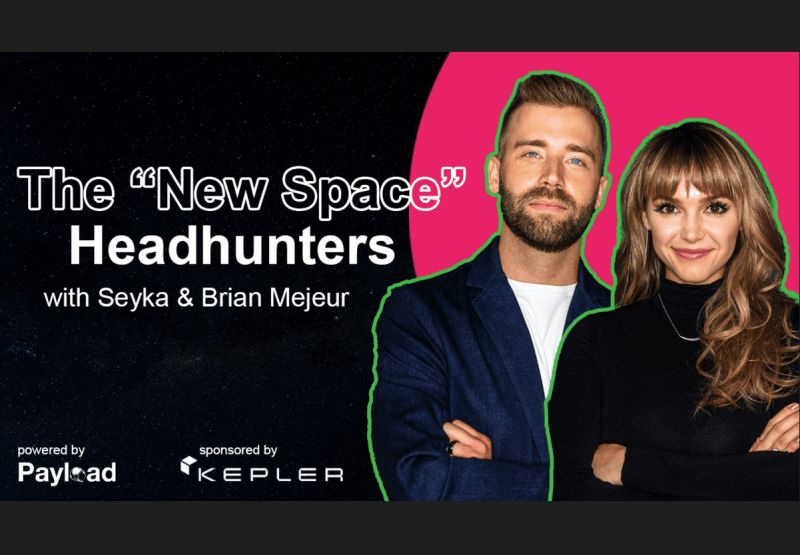After giving this a read, check out my other article on the 10 biggest mistakes interviewers make.
10 Biggest Mistakes Interviewers Make
I have interviewed around 6000 people in my 7 years of interviewing. I’ve interviewed highly technical people with niche specialties, and I’ve interviewed leaders and executives. Sometimes I am ready to stop the interview after 15 minutes, and sometimes I leave the call thinking “wow, this person is something special”. Here are some of the biggest mistakes candidates make in interviews.
Mistake #1: Giving “the right answer” Instead of the Truth
Interviews are an opportunity for two parties to get to know if they are a great fit for a long term relationship. If people misrepresent the truth to make themselves seem like a better fit, it won’t lead to long term success. Presenting your best self and understanding the needs of the organization is vital to being a great candidate, but only when you’re also being honest with everyone – the interviewer, and yourself.
Mistake #2: Trying to Lead the Interview
This is typically a mistake made by highly experienced candidates. People who are used to managing others, but haven’t yet developed a keen sense of self awareness can fall into this trap. In an interview, the interviewer has a set of goals they need to achieve to move forward with a candidate. If a candidate tries to override the interview and share the information they think is most relevant, it shows a lack of communication skills.
Mistake #3: Not Being Concise
You’ve done cool things and there is a lot to say about them. To help you communicate your impressive accomplishments effectively, take a pause to plan out a STAR response:
- Situation: The environment and reason for your “task”
- Task: Your goal
- Action: The steps you took to achieve your goal
- Result: Outcomes
Giving a 30 – 90 second answer that covers those elements will help you get very clear about the important information instead of rambling a story. This also gives the interviewer a clear picture of what happened, broken into clear segments. If they need further clarification, they can ask you!
Mistake #4: Not Answering the Questions Asked
Candidates often get excited to give related information and forget to answer the specific question that was answered. This not only means that the interviewer doesn’t get the information about you that they were targeting, but it also indicates an area of opportunity around listening and following instructions.
Give Examples: To take your answers up another level, do your best to give STAR answers that are specific examples from the past, instead of broad generalizations. Telling stories that are easy to follow will also help you to be memorable.
Mistake #5: Not Prepping for the Interview
Even if you’re great at improv, an interview is not the place to come unprepared. You have so many opportunities to make a great impression by preparing yourself with information about the job description, key players that you’d be working with, the interviewer, and the company. Coming to the interview informed enables you to ask impactful questions and share how much value and insight you can bring to the position.
If you know who your audience is, you’ll be able to adapt your communication to their level. Especially for technical people, if you are interviewing with someone who is not highly technical, break down the information you’re giving them so they can digest it. This will help them understand your expertise and share it with other stakeholders. Using highly technical terms, the latest acronyms, and moving quickly won’t make you sound impressive to someone who isn’t able to pick up what you’re sharing. Match what you share to the level of your interviewer!
Mistake #6: Not Following Instructions
When you are in the interview process you may be sent instructions for sending in information, for coming to your onsite, or for scheduling interviews. Read that information thoroughly, follow instructions carefully, and try to predict the information that will be needed next. For example, if you are asked if you’re open to a second interview, you may preemptively send your availability. When you arrive at an onsite interview, bring a printed copy of your resume – a professional touch that will leave a hard copy impact in a digital world. These little touches make a big impression.
Mistake #7: Not Sharing Your Passion
If you aren’t passionate about your work, check out my article How to Become Passionate about your work. People want to hire passionate people. If you are passionate, be ready to share that. You’ll be ready to share your passion and how it aligns with the potential position by studying up on the company, job, and interviewer before your meeting.
Mistake #8: Discussing Compensation Too Soon
This is a nuanced one, as it is important to save everyone’s time if there is a compensation mismatch. There is no denying that money matters. If your primary driver is money, that is good for a hiring team to know, and it will make the roles that are a great fit limited to ones where money is the primary incentive – sales and commissioned positions comes to mind immediately.
Hiring managers often want to hire someone who is driven by goals, by success, and by achievement in the position.
All of that being said, there is a way to discuss compensation early on that communicates that you are most motivated by [insert what motivates you here] and that you still want to discuss compensation early in the process to be respectful of the interviewer’s time. Take a moment to come up with a well phrased, honest message that speaks kindly to that concern.
Mistake #9: Not Using Your Questions to Make an Impression
The questions you ask are still part of the interview! Phrase them in ways that communicate the message that you’d like to get across. For example, asking questions about common themes amongst the company’s highest performers, or asking some of the key practices of teammates who consistently exceed expectations will make a strong impression that you are aiming to deliver well for the company. Questions about what might happen if you don’t meet expectations, or excessive questions around how much your work will be monitored for flaws, will leave a different impression.
Mistake #10: Not Showing Your Best Communication Skills
Every once in a while I interview candidates who think that my conversation with them is just a formality and the real interview starts once they are speaking with the hiring manager. That is not the case. Remember that regardless of title, if someone is engaging with you, you want to make a strong impression on them that you’re a great fit for the role.
Additionally, a great interviewer is not just checking off a list of buzzwords or having you read through your resume. A great interviewer is getting a sense of who you are, how you communicate, how you work with people, how strong of a listener you are, if you’re humble or overconfident, and generally if you’ll be a strong fit for the team that you’re being considered for.
Mistake #11: Not Taking Responsibility
While discussing a failed project in an interview or talking about a successful outcome, taking responsibility will increase confidence of the interviewer that you will take initiative and responsibility in a new role. In the same vein, remember to not bad-mouth your former employer. Instead, take responsibility for your part where you can!
What are some other interview mistakes you’ve seen (or done yourself)? Let me know!














